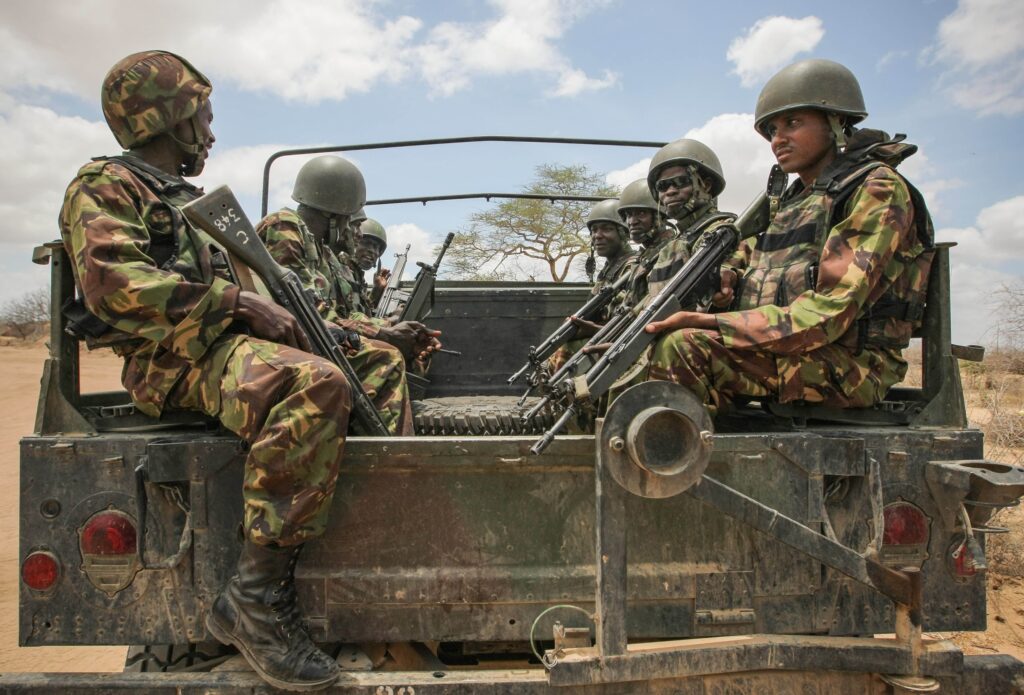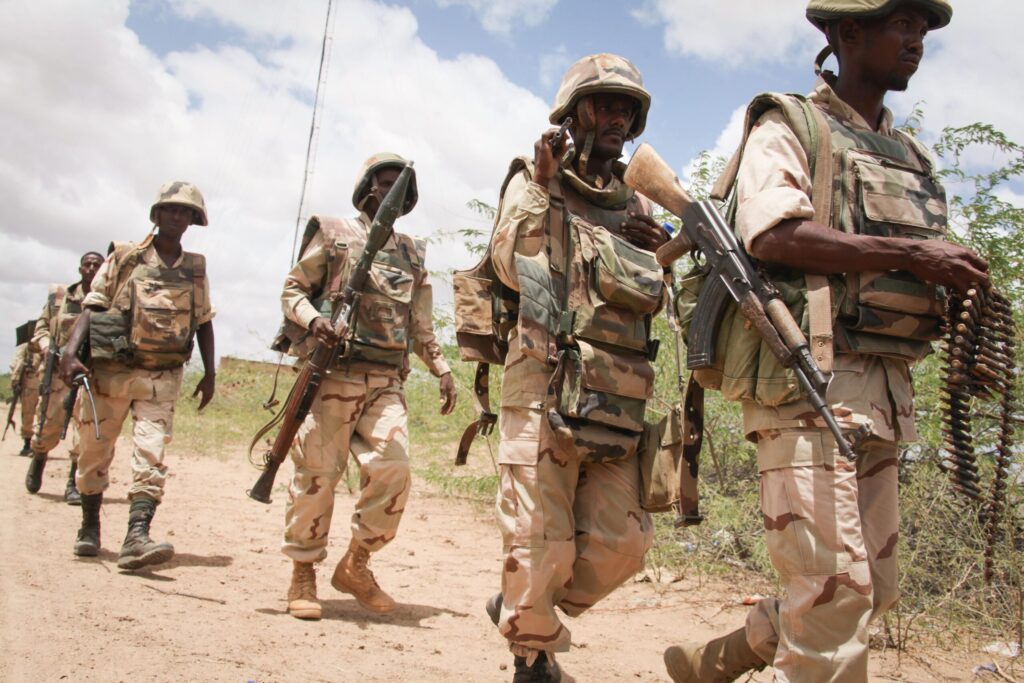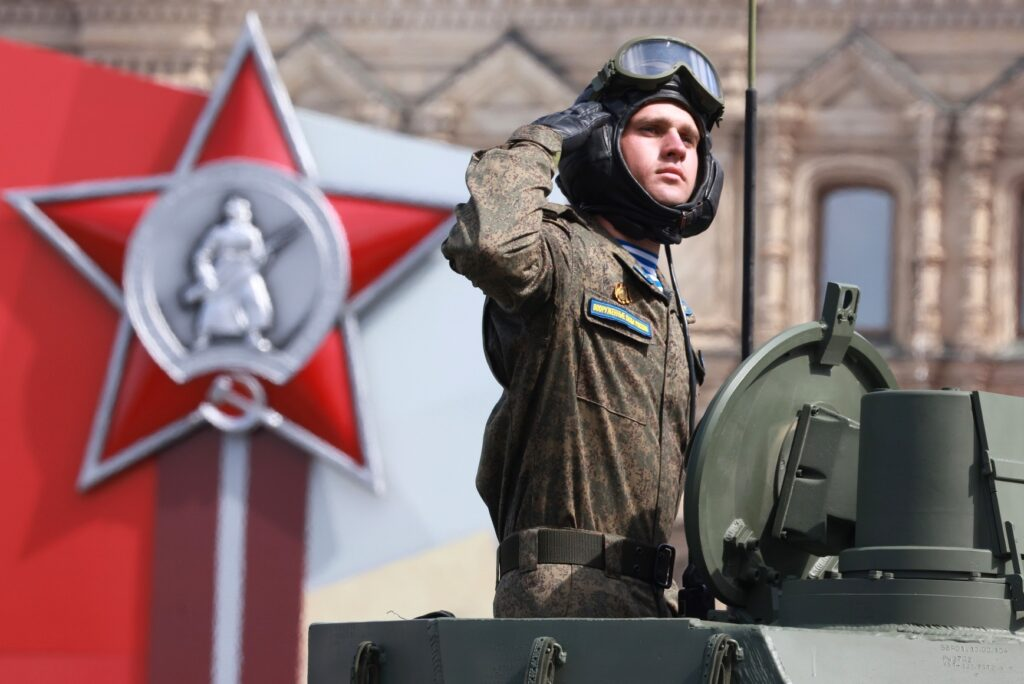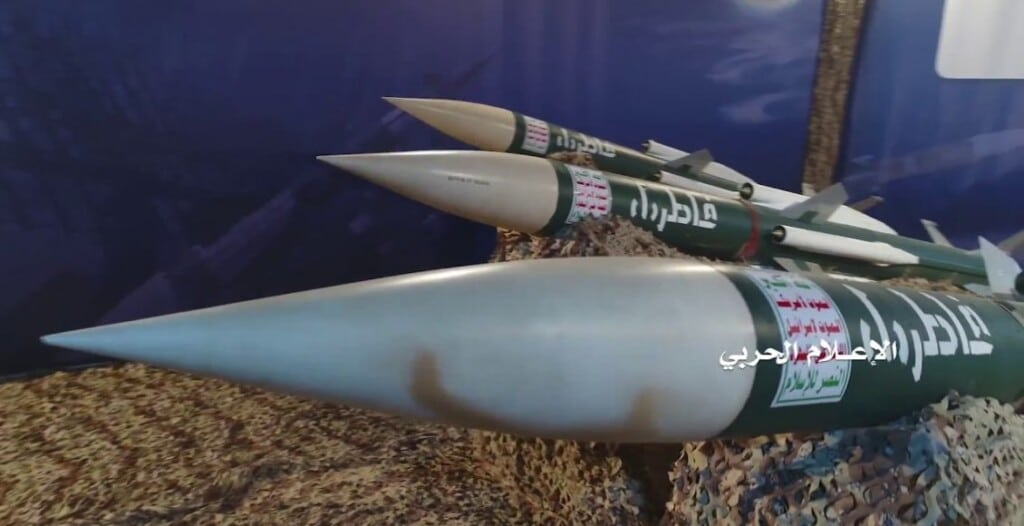L’état de siège : un échec personnel du président Tshisekedi ?

Un des problèmes majeurs auxquels Félix Tshisekedi n’a pas apporté de solution pendant son mandat, c’est l’insécurité dans l’est de la RDC. Malgré l’état de siège, cette partie du Congo reste un véritable mouroir. Beaucoup de civils y ont perdu la vie. Massacres, viols, embuscades, destruction d’habitations par des groupes armés, tel est le quotidien de la population du Kivu et de l’Ituri. La tragédie dure depuis près de 30 ans.




